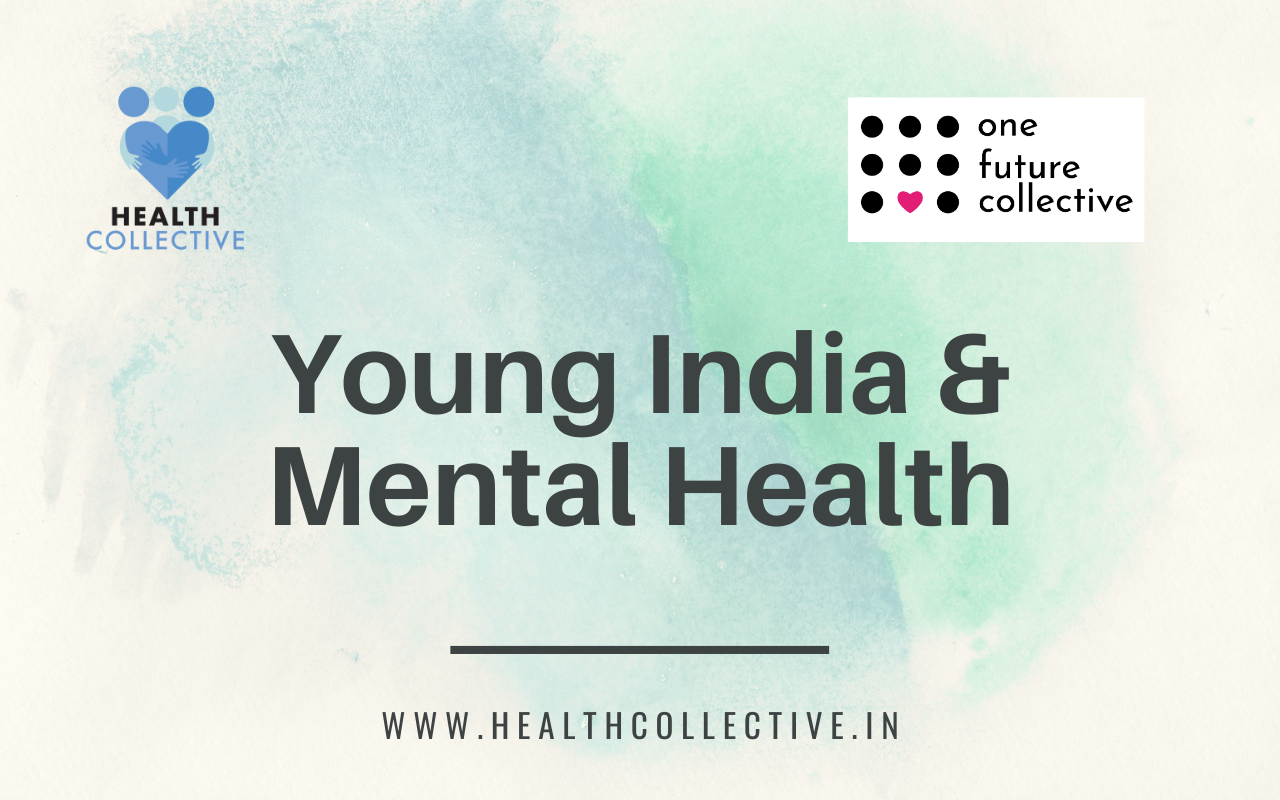Eight Things to Keep In Mind About Tele-Mental Health Therapy
By Scherezade Siobhan
In a country as a densely populated as India, finding accessible and affordable help for mental health care is a daunting task at times. This is specifically true for several marginalised demographics who might not have necessary connectivity to approach institutional spaces where psychological and psychiatric help is readily available. As per WHO estimates in 2015, for every 100,00 people, we have 0.3% psychiatrists and 0.07% psychologists available.
ALSO READ: IS THERAPY FOR EVERYONE
In conversations with my own clients who happen to be doctors or medical students, I have been told that psychiatry is often considered a “softer” major and a lot of students are discouraged from pursuing it thanks to regressive systemic beliefs in the field of medical sciences. In terms of psychologists and therapists, there are few standard governing bodies or customised educational programs that can address this epidemic level burgeoning of mental illnesses and emotional health related disabilities. Apart from these wayward marbles, the presence of informed, inclusive and socially-conscious mental health specialists is unevenly distributed. In urban areas, the cost of accessing in-person help can be exorbitant. As for the rural populace, physical access to securing help is narrowed further by lack of resources and a general bureaucratic reluctance to unknot this recondite web.
ALSO READ: UNDERSTANDING THERAPY
However, in the recent years, technology has emerged as a bridge between those who need help and those who are willing to provide it. Tele-mental health can address some of the underlying complications that impede us from making mental health a universal right.
Tele-mental health is essentially a slight departure from traditional methods usually prevalent in conventional forms of mental health care. This includes web and telephone based services for health and wellness including video/chat/email/telephonic counselling and therapy. Originally, its emergence was linked to prohibitive costs of mental health services in western countries (gaining prominence since 1995 with the emergence of websites like Psych Central, which created an online community around mental health).
Now, it has established its own significance as a feasible alternative to cramped appointments and waiting room delays that can make people skip seeking therapy when they need it most. Of course, as a growing field, there is still a lot of ground to be covered and there are some very glaring limitations to this mode of counselling that any patient/client should be fully aware of before considering it.
Here’s a quick look at when tele-mental counselling is recommended and when it isn’t.
Recommended
- Time Barriers: Online/telephonic counselling works well for people whose life responsibilities make it difficult to take out time and visit a therapist in person or those don’t have therapists in their vicinity. Time is turning into a luxury in this competitively paced world and sometimes when folks need help, they are unable to pencil in the needed hours for speaking to a specialist. If the challenge isn’t sizeable to the extent that your psychological systems have shut down completely, it is a good idea to seek tele-mental counselling and get started with the foremost step where you can unburden a bit. Also in this engagement, you cut down on travel time, scheduling hassles and unnecessary waiting period at a physical facility. That said, please always remember to take time out from your schedule and pay attention to your wellness because we can’t compromise on your minds and bodies in the face of capitalism-fuelled routines.
ALSO READ: SEASONAL DEPRESSION AND THE NEED FOR SELF-CARE
- Social Anxiety: It is also easier to adopt this method of counselling for those who experience social anxiety or agoraphobia and may not immediately be able to get out of their home or have some discomfort associated with visiting new and/or crowded places. Also, folks recovering from trauma need the option of getting help without feeling encumbered by putting their bodies back into a world where they may not immediately feel safe. In these situations, the comfort of having someone on your phone or computer screen can help as measured steps towards healing.
- Disabilities and Access: Much as we would want this world to be a disability-supportive ecosystem, we still grapple with badly thought through transport networks and building spaces that do not focus on the needs of those with disabilities. Also, in some cases a disabled person may not have a consistent caregiver who is always available to help them with movement and access, so it is easier for folks who have limited mobility or who experience physical disability to work with a therapist digitally. This allows them to set their own schedule without depending on external conditions or limitations.
- Comfort: A client of mine who happens to be an assault survivor often sits for her phone sessions with her cat. This allows her to feel more grounded and supported. Another client jokes about showing up for therapy in her ugliest pj’s. There is a sense of comfort that is needed when someone is not doing well mentally and emotionally. Not everyone is ready for a consolidated social presentation of self during these phases. Virtual therapy allows you to hop over these pre-conditions and just focus on making yourself available for the session.
Not Recommended
- Acute Psychiatric Distress: Online/telephonic counselling is not recommended as the first step for those who have acute psychiatric distress or illnesses such as paranoid schizophrenia where they experience hallucinations and psychoses. In such cases, it is recommended that you visit a mental health care facility which has a psychiatrist and a clinician in form of a psychologist or a therapist. A different assemblage for care and treatment is needed in these cases. Clinical and/or medical diagnoses are required which cannot be successfully conducted in the cyberspace. At least not yet.
- Suicidal Ideation & Self-harm: Hotlines are useful for initial contact but for folks experiencing severe suicidal ideation for prolonged periods in time, checking into an on-ground facility that can take care of you, is better advocated. You need medical intervention and a more knitted group of people need to step in for treatment as well as care. If you have a tele-mental health specialist you are already consulting with, letting them know at the earliest about how you are feeling or what you are going through is incredibly important.
Editor’s Note: If you or anyone you know has expressed suicidal ideation please reach out for help. You are Not Alone. Some India-based helplines are available here
- C-Ptsd: Complex trauma and grief need more than just singular counselling sessions. Persistent trauma and trauma-related issues may need additional help and resources and it is advisable to seek multi-modal therapeutic interventions where more than one form of therapy is used to help pull you out of deep dissonance. Online/telephonic therapy can supplement or be used in addition to other means.
- Socio-cultural awareness: Our social and cultural locations, experiences and conditioning impact our mental health. If your therapist isn’t familiar with these aspects of your life, they can’t relate to you in an authentic sense. In these instances, instead of an honest therapeutic collaboration, you might end up getting a more prescriptive and one-size-fits-all sort of interaction. A middle-aged client of mine who recently moved countries faced a lot of stigmatising questions and pigeon-holing with an online counsellor who happened to be White and didn’t have a very good grasp of what being a Muslim woman meant.

There are a lot of tele-mental health services popping up to capitalise on the current requirements within the field and it is pertinent to choose something that fits your needs and has necessary professional backing by trained clinicians who are skilled enough to chart out a comprehensive path for your healing. You have the right to ask questions and get relevant answers before you start.
A little bit of research goes a long way. Reaching out for help is not the easiest thing to do but the availability of multiple options can help you get started in the very least.
Disclaimer: Material on The Health Collective cannot substitute for expert advice from a trained professional
About the Author: Scherezade Siobhan is the founder of The Talking Compass — a therapeutic practice that provides in-person, at-home and online counselling for people who need help with emotional and mental health. She is the creator and curator of The Mira Project, a global dialogue on women’s mental health, gendered violence, and street harassment.
You can read Part 1 of her series on GASLIGHTING here.
If you would like to share your story, do write to us here or tweet us @healthcollectif




